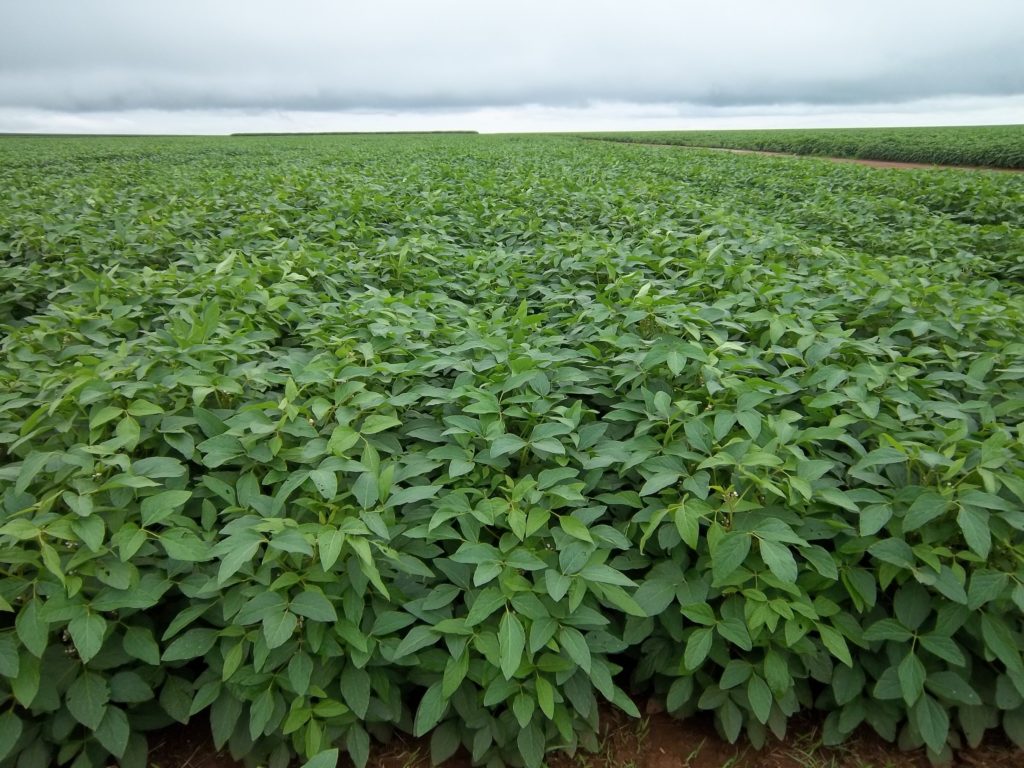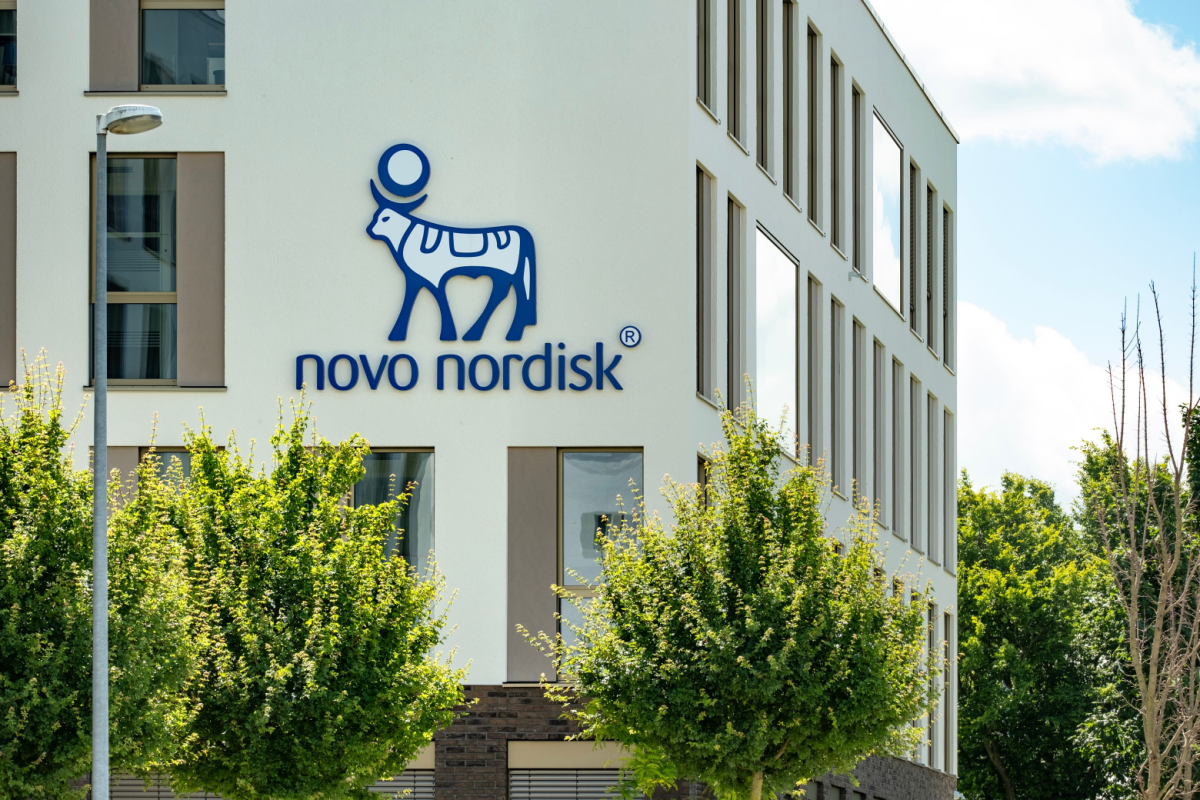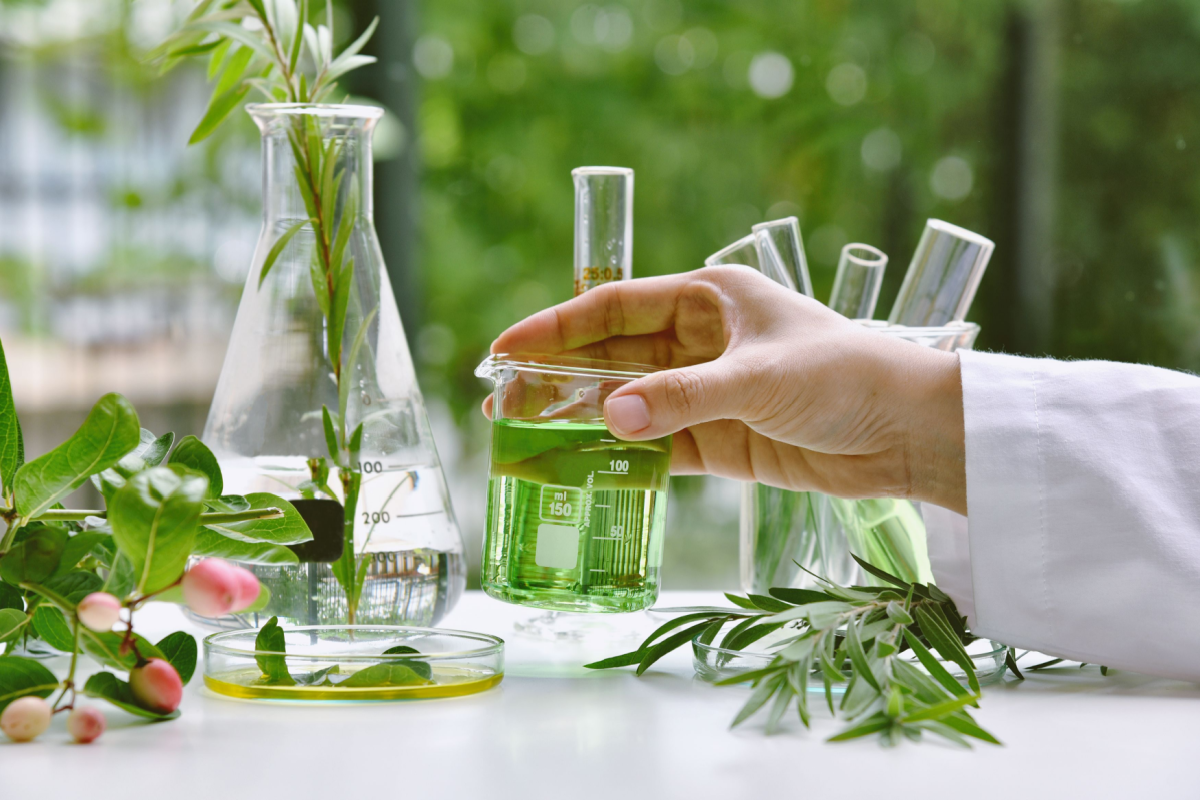Brazil makes up the world’s second largest genetically modified crop area, falling closely behind the US at first place. However, a recent partnership between the two countries could set this Latin American country to dominate in the years to come.
The American plant science firm Benson Hill Biosystems, based in St. Louis Missouri is advancing its partnership with Embrapa, a Brazilian crop and biodiversity research institution.
The new agreement will utilize the Breed application of Benson Hill’s genomic technology,CropOS to breed genetically modified versions of soybeans, maize, sorghum and other crops.
Embrapa, also known as The Brazillian Agriculture Research Corporation, first partnered with Benson Hill in 2017 to utilize their genome editing CRISPR nucleases. The new agreement will further expand their partnership to incorporate computational breeding.
The Brazil-based institution uses its team of 2,5000 researchers to combine both science and technology, to create and enhance the productivity, nutrition, and sustainability of over 20 crop species, in turn, their diverse selection of crops will help expand the biological development of the CropOS platform.
The Breed application will work to enhance the genetic profile of Embrapa crop species through machine learning, to create fresh produce that they say is healthier, pest-resistance and engineered to market faster.
“We are eager to expand our relationship with Benson Hill and use CropOS to advance breeding for farmers across Latin America,” said Cleber Soares, executive director for Innovation and Technology of Embrapa. “Our work together has demonstrated their commitment to collaboration and appreciation for the power of genetic diversity to help solve big global challenges in a sustainable way.”
Brazil represents nearly 20 percent of the planet’s natural diversity. Genetically modified crops have proven to be an advantageous alternative for the country, by increasing farm yields on limited land. This reduces the need to use areas rich in biodiversity for farming, further contributing to soil erosion and land degradation.
The use of biotech science in the agriculture space is growing in popularity, it’s global market outlook accounted for 20.19 billion in 2017 and is now expected to reach 51.93 billion by 2026, with a compound annual growth rate of 11.1 percent.
According to Cornell Alliance for Science, 67 out of 195 countries have utilized biotech crops and the industry has witnessed a 112-fold increase since it was first commercially introduced in 1996.
Furthermore, some of 19 developing countries including India, Pakistan Paraguay, and Bangladesh account for 57 percent of the worlds genetically modified crops.
Brazil is setting the stage for how the biotech industry can greatly benefit developing countries, by creating economic prosperity, alleviating poverty and hunger, and also creating crops that have a higher resistance to pest and disease which is a prominent issue in third world agriculture.
Although genetically modified crops are touted to increase food resources, enhance nutrition security and provide an adaptional response to climate change, consumers still have a negative bias towards these products. Industry leaders will have to continue to work harder to gain mainstream acceptance for long-term market growth in the years to come.












Join or login to leave a comment
JOIN LOGIN